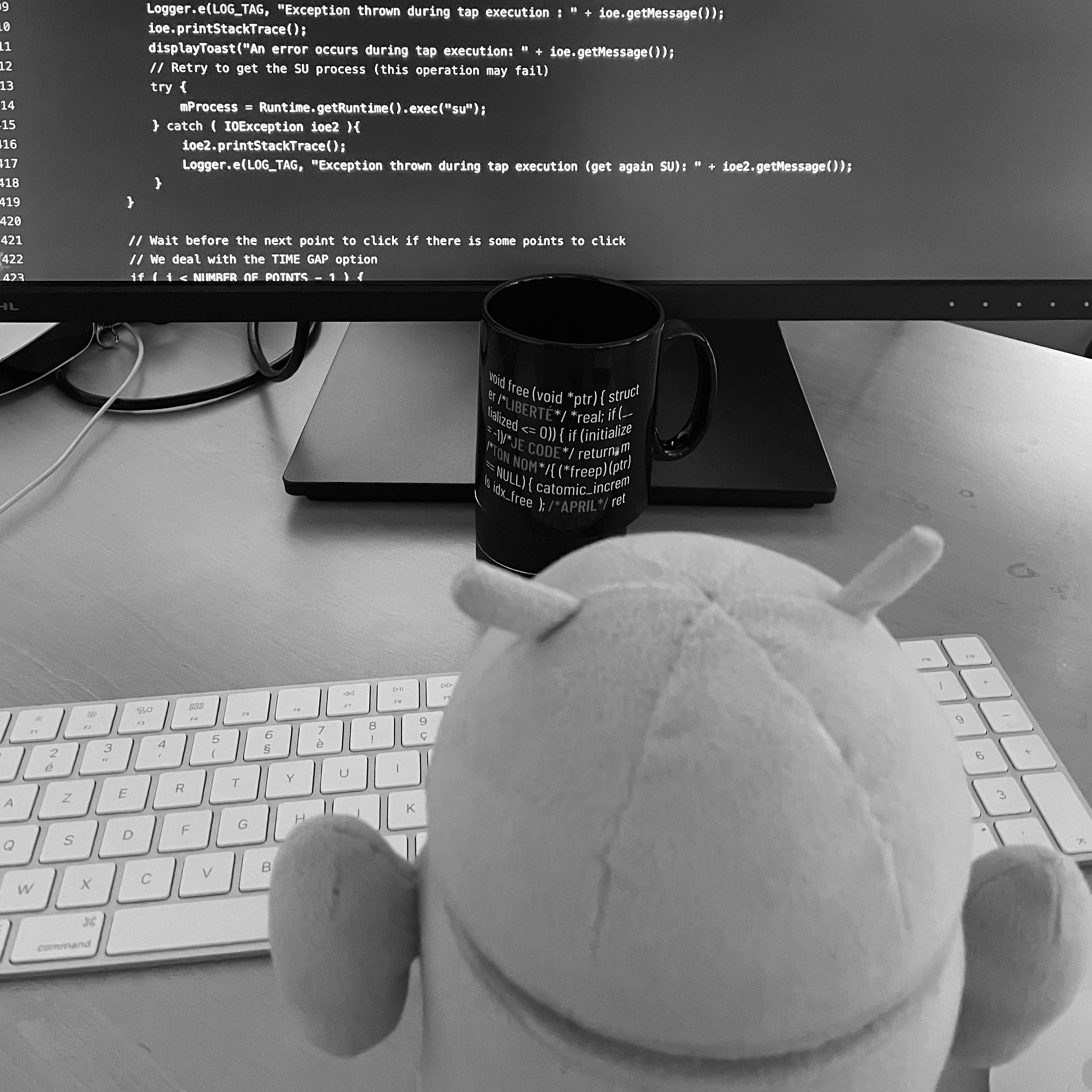Introducing the Functional Source License: Freedom without Free-riding



blog.sentry.io
Sentry has moved to a new license for its products called Functional Source License, and explains in this article the story of the licensing for these products and why they throw BSL for FSL.
You are viewing a single comment
I think this is a pretty reasonable compromise to stop big cloud companies from offering their service using their code. Putting the code under either Apache or MIT after 2 years seems like a good approach to me, I like it a lot more than the ‘open core’ scheme a lot of SaaS companies use.
I agree that it's better than the "open core" model because it limits by time rather than space, as they say, but it kinda misses the point of open-source software. The conflict of interest is that they effectively want to be the only ones who can profit off the software, while still benefiting from the free work of others, but commercial-use is within the open-source definition.
My real issue is that it seems like they're trying to spin it as a kind of "open-source", but it's not. If they were more up-front about that, I probably wouldn't care as much.
Also saying that it's less restrictive than copyleft is just outright false.
They do allow you to profit off the software though, by using it to host the service for yourself (even as a company), you just can’t offer hosting as a service to compete with them. Obviously this doesn’t offer as much freedom as just a straight MIT or Apache license, but I feel like it still qualifies as open-source; they are only really adding one restriction, and it could even be considered less restrictive than something like GPL (no requirement to open source derived software). I think this license makes a good compromise of being as open as they possibly can without AWS/GCP/Azure eating all of their business without doing any real engineering work.
I wonder if this kind of license would be accepted by the rest of open-source communities. So far, SSPL is treated like a villain.
One difference (so far as I know, I’m not an expert on either situation) is that MongoDB requires copyright assignment for contributions seemingly because the license is so restrictive they can’t offer their own service under its terms (without open-sourcing all the software they use to host it). So far as I know Sentry does not require this (although the restriction against running a competing service does not affect them since they are the service, so I’m not sure this argument really holds up that well). Also the fact that that one encumbrance is released after two years helps their case a lot in my eyes.